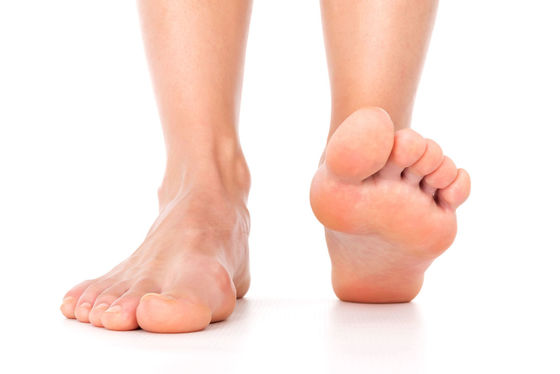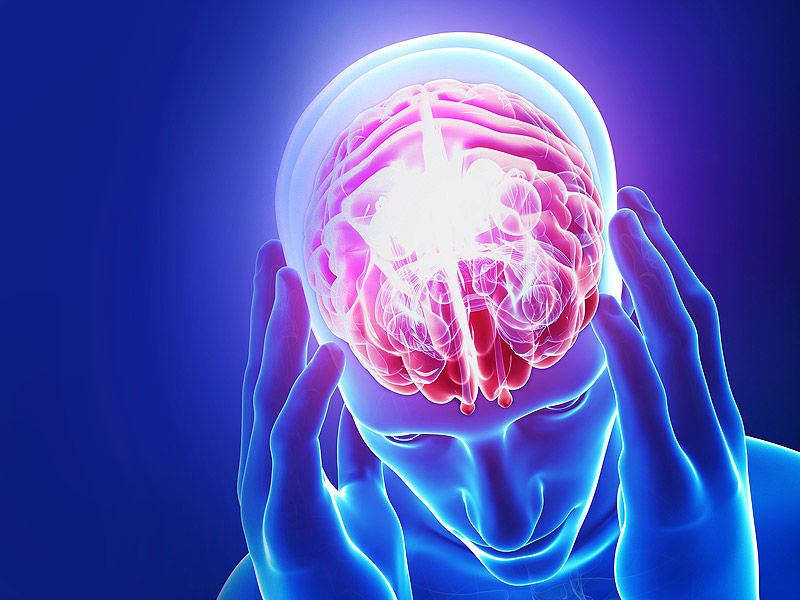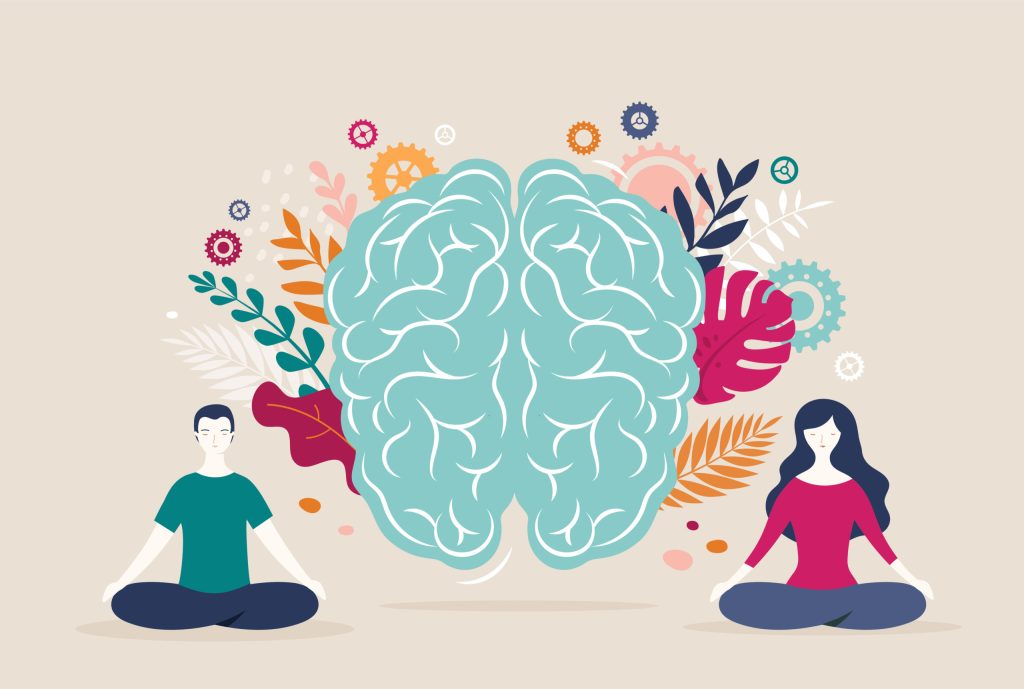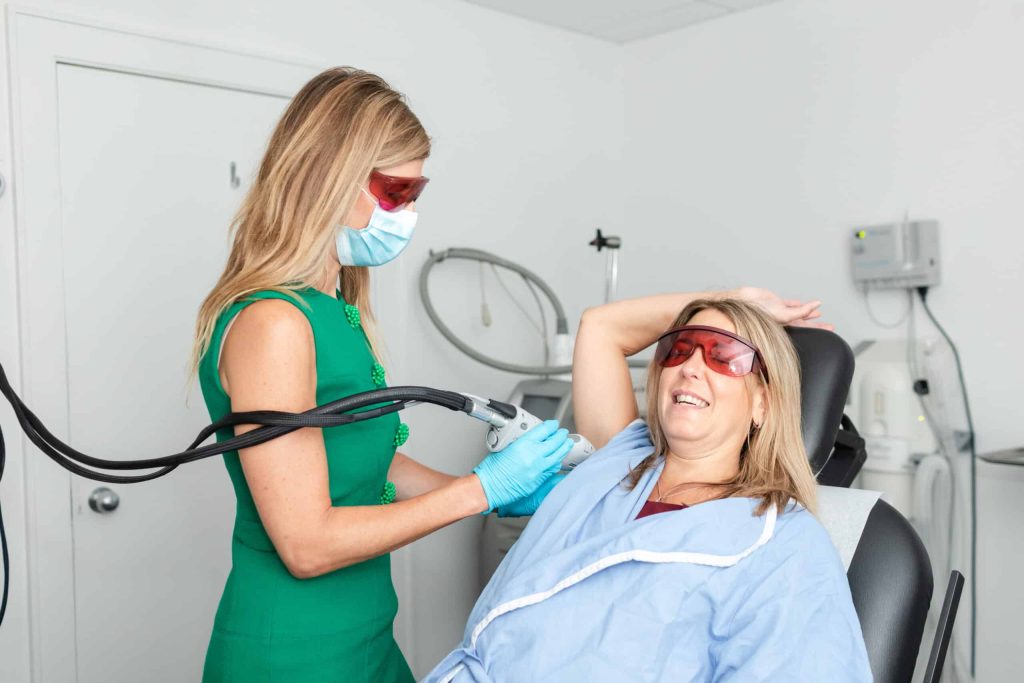Telehealth treatments have revolutionized healthcare by providing patients with the ability to receive comprehensive care from the comfort of their homes. This growing field uses digital platforms, video conferencing, and remote monitoring devices to connect patients with healthcare providers, making healthcare more accessible and convenient. One of the most significant benefits of telehealth is that it breaks down barriers to care, such as geographical location, mobility issues, and long wait times. For individuals living in rural or remote areas, accessing specialized healthcare can be challenging, and telehealth bridges this gap by bringing medical expertise directly to them, eliminating the need for long-distance travel. Telehealth treatments cover a wide range of services, including consultations with doctors, mental health counseling, physical therapy, chronic disease management, and even some aspects of emergency care. These virtual visits allow healthcare providers to assess symptoms, provide diagnoses, and develop treatment plans without requiring an in-person appointment.
This is particularly beneficial for patients who need regular follow-ups or those managing chronic conditions, as it allows for continuous monitoring and timely adjustments to their treatment plans without the inconvenience of frequent office visits. The comfort and convenience of receiving healthcare at home are enhanced by the technology involved. Patients can schedule appointments at times that suit them, often avoiding long wait times in crowded waiting rooms. This flexibility is particularly valuable for busy individuals who may have difficulty taking time off work or finding childcare for in-person visits. Moreover, the ability to consult with healthcare providers remotely ensures that patients can maintain a consistent relationship with their doctors, fostering better long-term care management. In addition to convenience, telehealth treatments also offer significant privacy advantages. For individuals who may feel uncomfortable discussing sensitive health issues in a public setting or prefer to avoid the stigma of visiting certain healthcare specialists, telehealth provides a discreet, secure environment.
The drtsuri telehealth platforms comply with strict health privacy regulations such as HIPAA Health Insurance Portability and Accountability Act, ensuring that personal health data is protected and confidential. Telehealth’s reach also extends to mental health services, which have become increasingly important in recent years. Teletherapy and virtual counseling allow patients to speak with licensed therapists and mental health professionals in a safe, private setting. This has been a game changer for individuals who face mental health challenges but may not have access to local providers, or those who feel more comfortable discussing their concerns from home. While telehealth treatments are not suitable for all medical situations, especially those requiring physical exams or advanced diagnostic testing, they have proven to be an invaluable tool for ensuring comprehensive care for a wide array of conditions. The ease of access, affordability, and continued advancements in telemedicine technology will likely expand its role in healthcare, making it a central component of modern medical treatment. As telehealth continues to evolve, it holds the promise of improving patient outcomes by providing timely, accessible, and convenient care for a diverse range of medical needs.





 Moreover, gentle chiropractic care is suitable for patients of all ages and physical conditions. Whether you are a young adult or a senior view
Moreover, gentle chiropractic care is suitable for patients of all ages and physical conditions. Whether you are a young adult or a senior view